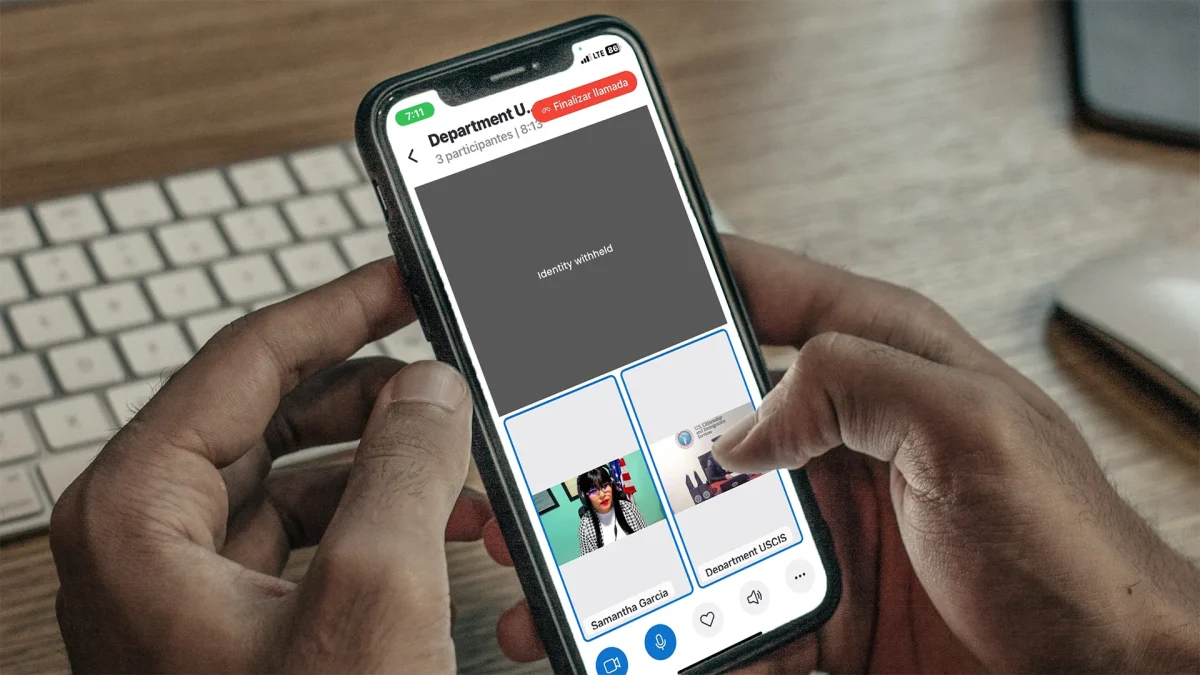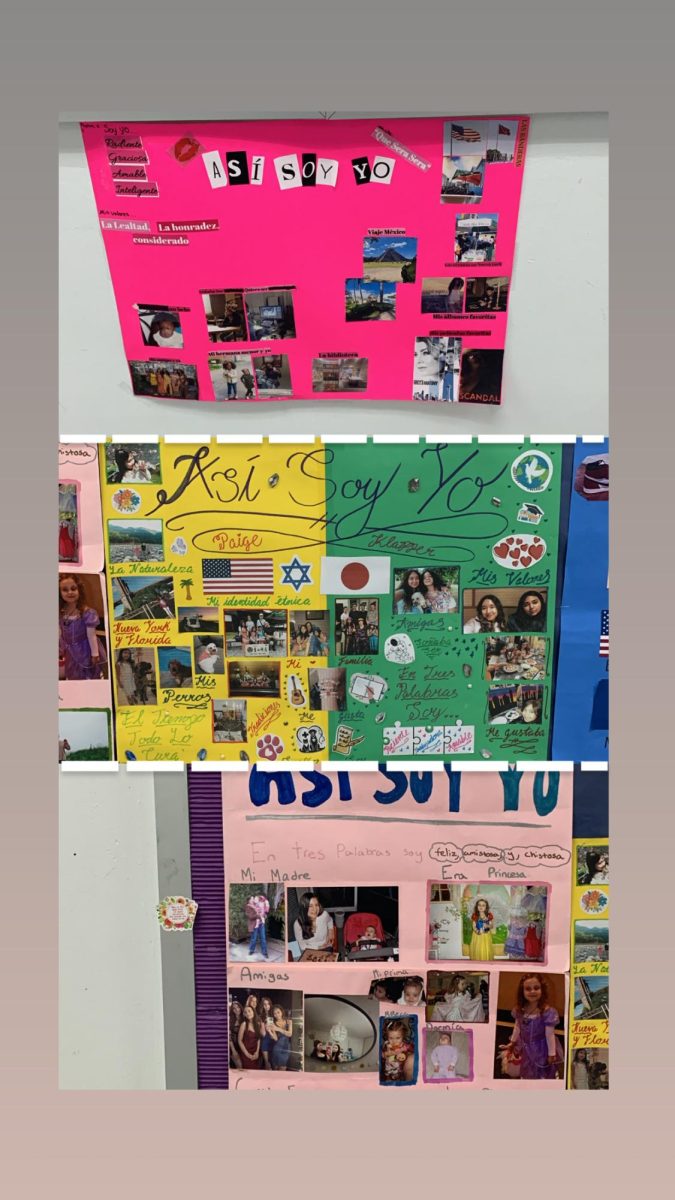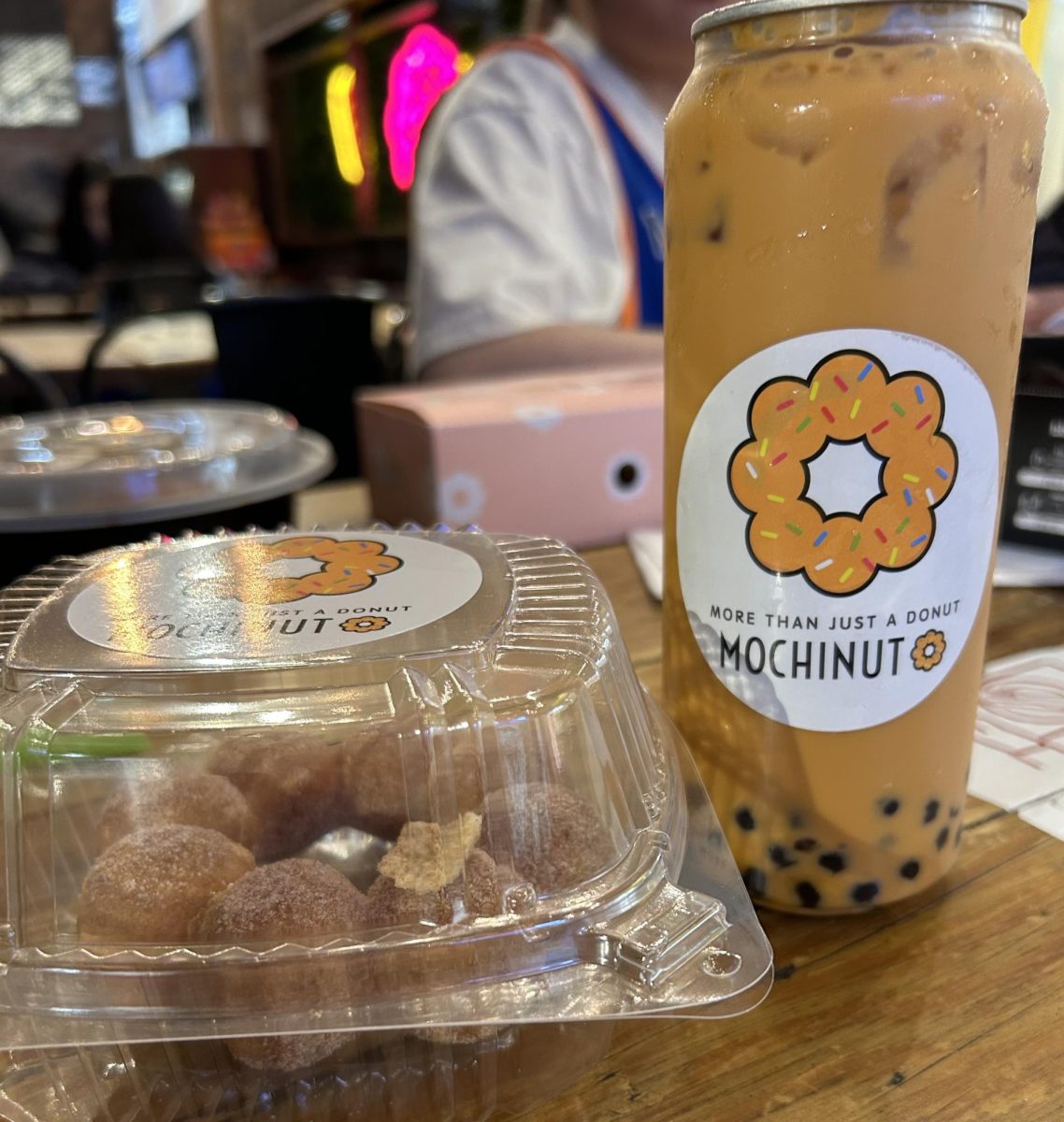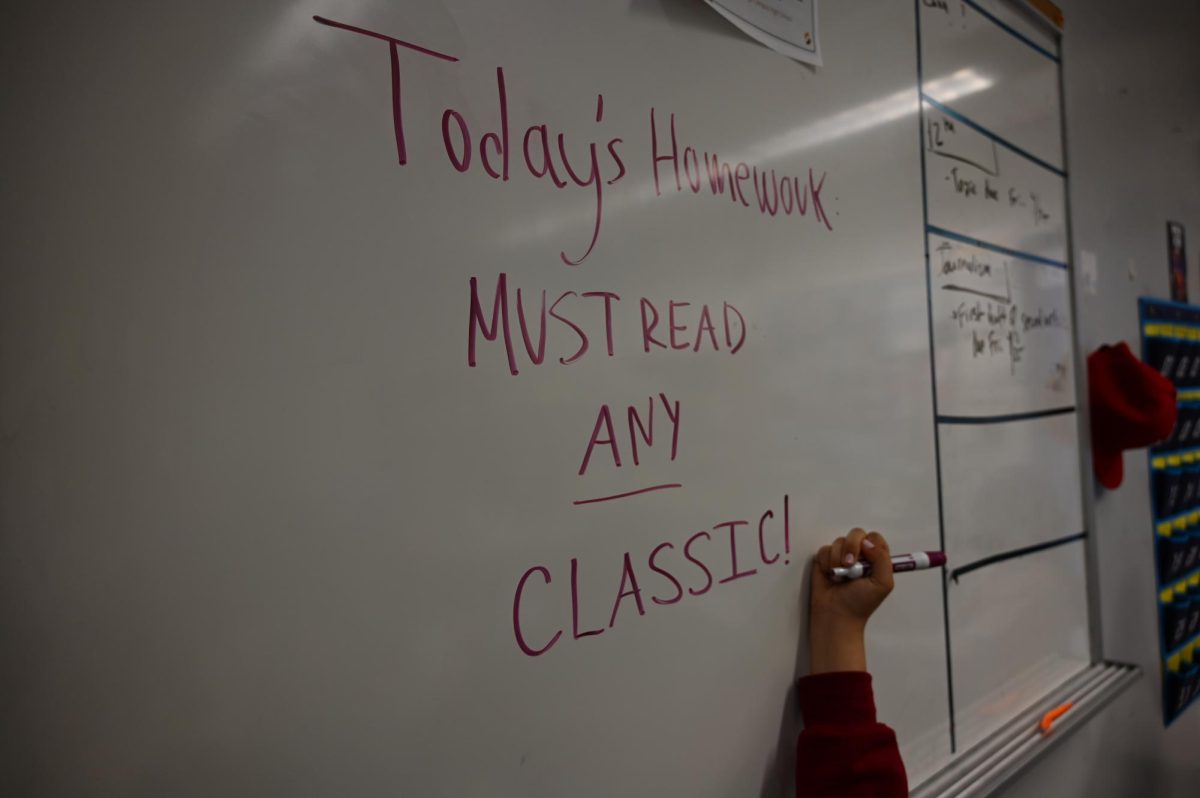All Work, No Play? Creativity As An Educator
March 8, 2023
Work and creative passions are often considered separate: you go to work, you go home, and if you have the energy, you paint. You cook. You play guitar. Or, lacking the energy for anything creative, you sit on the couch and watch TV.
Work is undeniably draining for teachers, both emotionally and physically. This means Baruch educators often lack the time or energy to pursue creative hobbies.
For some, like the Chemistry teacher Ms. Kilic, her hobby is not an outlet to unwind after work. “When I go home, I’m like, so exhausted […] I just don’t want to do my hobby. I don’t want to bake.” Instead, Ms. Kilic bakes on the weekend, when she has had sufficient rest.
Ms. Forman, a math teacher, however, expresses her love for painting whenever she feels disconnected from creativity. This often comes at moments when she is “hating her phone.” In order to make more time for painting, Ms. Forman plans to take a painting class. Designating a fixed time for her favorite hobby makes it more manageable.
Similar sentiments are echoed by fellow Baruch educators. Mr. DA, who teaches English to the upper grades, said that “people, myself included, need to be deliberate about how they use their leisure time, and I think a lot of us can be very wasteful with our free time.”
Mr. DA does not deny that there is value in relaxing instead of indulging creativity, but each has its own space. Repeatedly spending free time the same way can grow monotonous; as tempting as it may be to do nothing, sometimes tapping into creativity is needed to renew motivation.
Many teachers acknowledge that their profession is in some way creative. Although the creative skills used in teaching are different from those used pursuing a hobby, teaching can allow educators to challenge the rigidity of a traditional work setting. Some teachers we interviewed expressed that one of the perks of their job is to be imaginative and flexible.
Ms. Gumina, a co-teacher for 11th and 12th grade history, highlights limits to this creativity: a co-teacher may disagree with the teacher they are working with, and curriculum requirements ultimately guide the lessons.
However it is framed, educators are torn between time to relax after work and time to tap into hobbies. How they choose to spend their energy and explore creativity varies based on their lifestyles and preferences.











